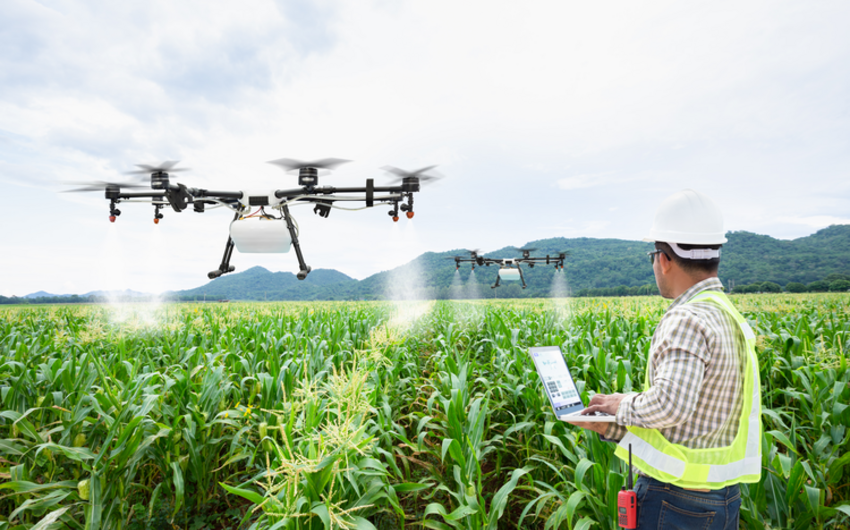795 million people in the world go hungry every day. Two billion people lack the nutrients to live a healthy life. Feeding the planet in the long term is becoming increasingly challenging. Why is this happening? The world’s population is expected to reach 9 billion people by 2050. Africa alone will double in size from 1 to 2 billion.
As people become more affluent, they drift towards a diet richer in processed foods, meat, and dairy. Producing more meat means growing more grain. Fewer people are choosing farming as an occupation. Farmable land continues to be lost to sprawl and soil degradation. 40% of the world’s landmass is arid. As global temperatures rise, more land will turn into a desert. It takes 1,500 liters of water to produce 1 KG of wheat and 16,000 liters of water to produce 1 KG of beef.
Food production is already responsible for 70% of the world’s water consumption.
By 2050 we’ll need twice as much water. A sustainable agricultural system must be developed to ensure an affordable food supply for all. Everyone involved in the production process must benefit from it, including smallholder farmers, women, and young people. The World Economic Forum has taken on the challenge of feeding the world sustainably by creating a series of core projects to bring together farmers, government, civil society, and the agro sector.


 https://static.report.az/photo/82cc3646-f854-3e5d-ba67-4c27e95a850a.png
https://static.report.az/photo/82cc3646-f854-3e5d-ba67-4c27e95a850a.png

